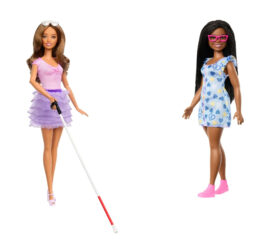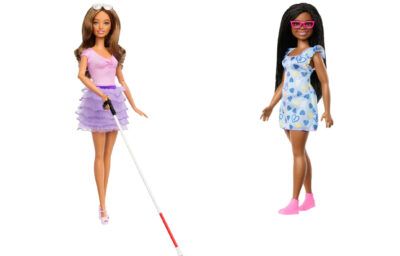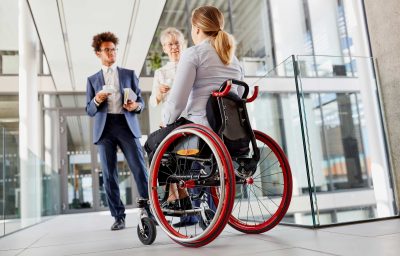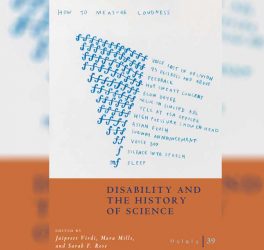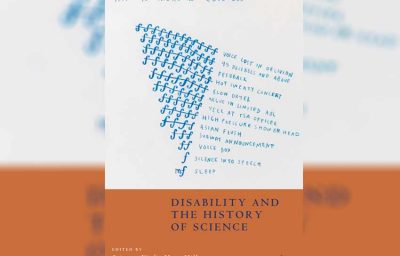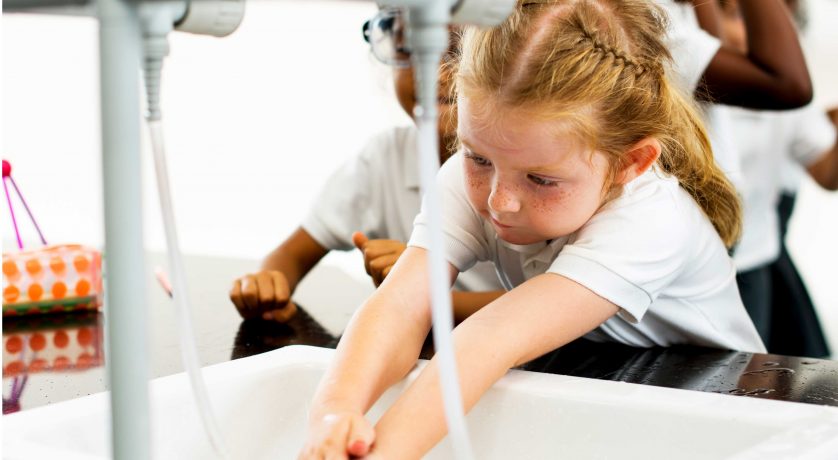
Elrha is a global charity that finds solutions to complex humanitarian problems through research and innovation. Elrha identified a knowledge gap in good practices and innovation for how people with disabilities and older people are included in water, sanitation and hygiene (WASH) interventions in humanitarian contexts. To support a new area of focus under their Humanitarian Innovation Fund (the HIF) on Disability and Older Age Inclusion (DOAI), Elrha commissioned an independent rapid review to review the inclusion of people with disabilities and older people in humanitarian WASH interventions.
People with disabilities and older people make up significant population groups, however, they are disproportionately affected by and amongst the most marginalised in humanitarian response. In contexts of disasters, conflict or unrest, access to water and sanitation can be severely impacted, increasing vulnerability to disease and death.
Access to clean water and sanitation is recognised as a fundamental human right, and numerous human rights frameworks further affirm equal rights for people with disabilities and older people (aged over 60). Though, evidence suggests they are at a disproportionately greater risk of not having adequate access to water and sanitation. To promote inclusive humanitarian action, the Age and Disability Capacity Programme (ADCAP) consortium developed the Humanitarian Inclusion Standards (HIS). The HIS consists of nine key inclusion standards and sets sectorspecific standards, including for the WASH sector. The WASH inclusion standards are structured around three key dimensions of inclusion: 1) Collection of Information, 2) Addressing Barriers and 3) Participation and Resilience.

